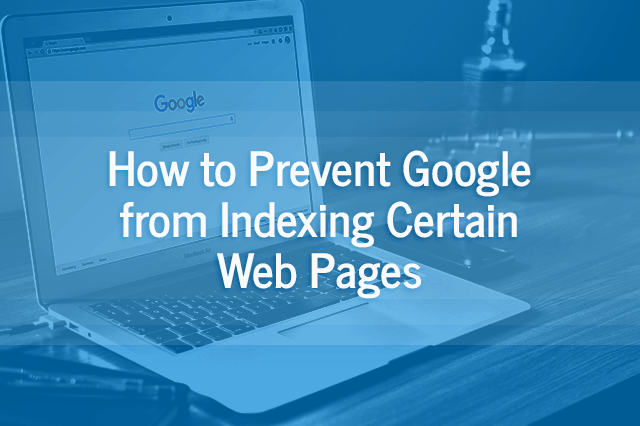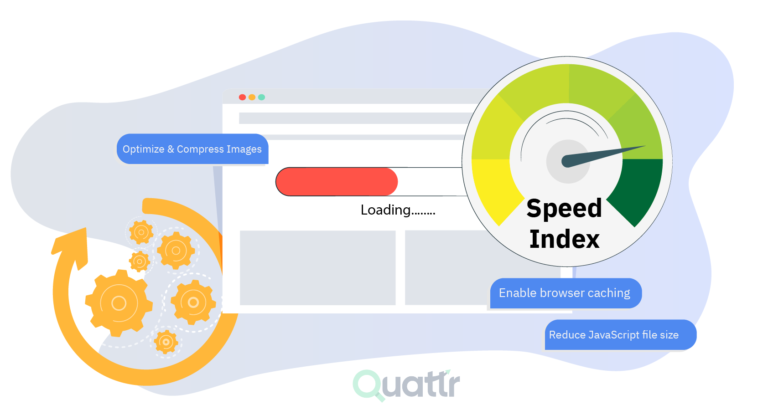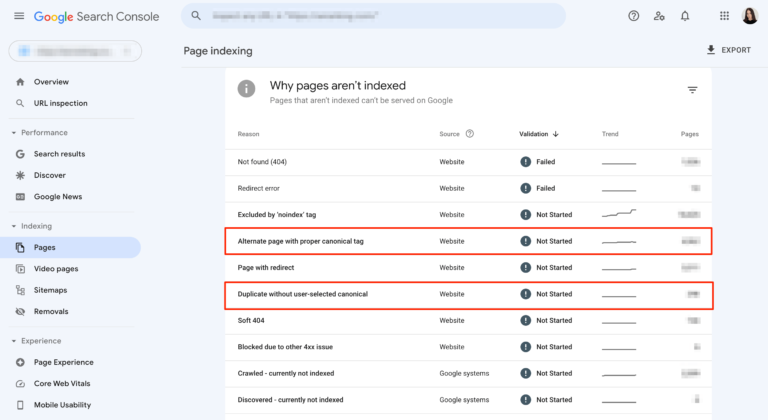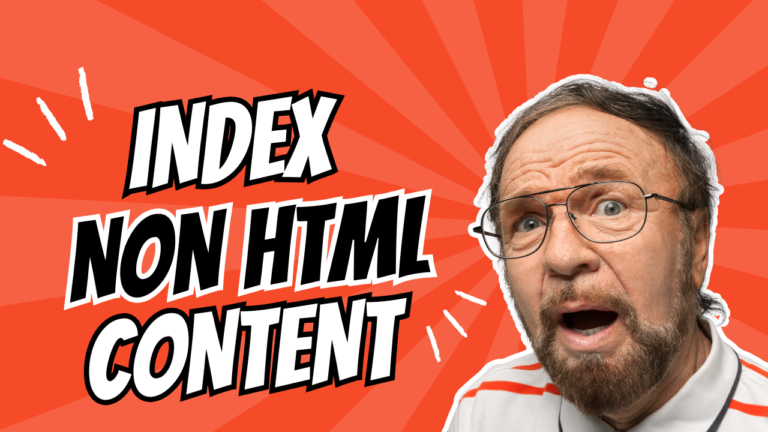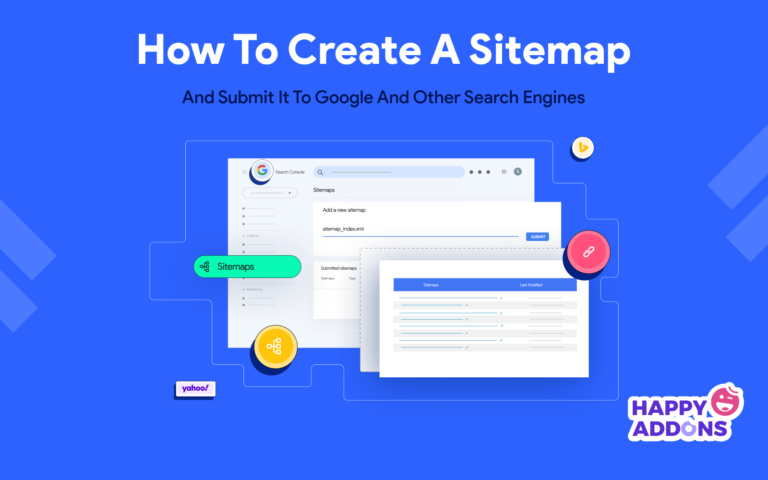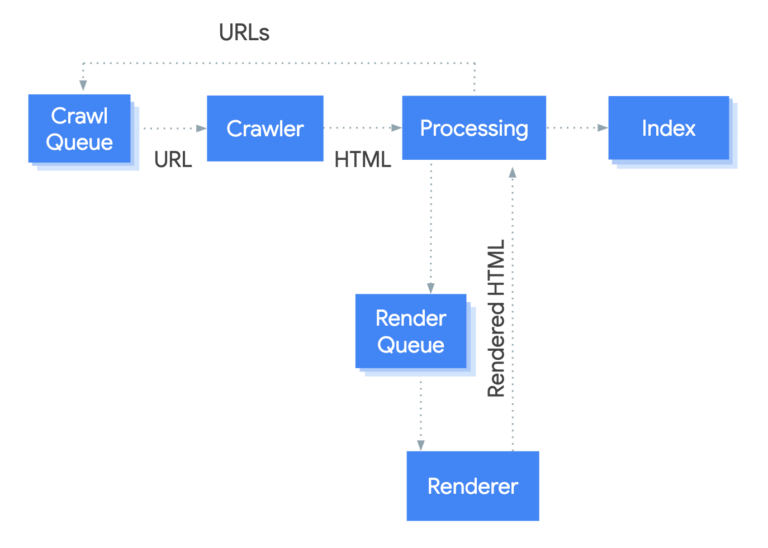Website indexing is a crucial aspect of search engine optimization (SEO). It refers to the process by which search engines like Google crawl and store web pages in their database. Once indexed, these web pages can appear in search engine results pages (SERPs) when users search for relevant information. Understanding website indexing and optimizing it properly is key to boosting your site’s visibility and ranking.
In this article, we’ll dive into what website indexing is, why it’s critical for SEO, and how to ensure your site is properly indexed in Google.

What is Website Indexing?
In simple terms, website indexing is the process search engines use to understand, store, and organize the content of your web pages. When a search engine crawls a website, it follows the links on the pages to gather content and store it in an index, a massive database of web content. This index is what the search engine pulls from when displaying results to users.
Without proper indexing, your website will not appear in Google’s search results, regardless of how relevant or high-quality your content is. This is why indexing your website is essential for SEO success.
How Google Website Indexing Works
Google uses web crawlers (also known as Googlebots) to explore your website’s content. These bots visit each page of your site, analyze its content, and determine where and how it should appear in search results. The index is a giant library of all the content Google has discovered, and when a user searches for something, Google scans its index for the most relevant results.
Website index refers to the collection of all web pages that are recognized and stored in Google’s index. For SEO, it’s important that your site is fully indexed so it can appear for all the keywords you’re targeting.
Why is Website Indexing Important for SEO?
- Visibility in Search Results
Website indexing directly influences whether your website shows up in Google’s search results. If your website isn’t indexed, it won’t appear for any search query. Indexing your website ensures that Google can find your pages, evaluate their relevance, and display them in relevant search queries. - Higher Search Rankings
Proper indexing is the first step to improving your search rankings. If your website is indexed efficiently, Google can accurately assess its relevance, quality, and authority. Well-indexed pages have a better chance of ranking higher in the SERPs, driving more organic traffic. - Faster Content Discovery
When you publish new content, Google indexing makes it available in search results quickly. Regular website indexing helps ensure that search engines can keep up with your latest updates, allowing users to find your new pages or blog posts faster. - Improved User Experience
By ensuring your website is well-structured and easy to crawl, you not only improve Google website indexing but also create a better user experience. A properly indexed site ensures that users are directed to the most relevant pages, which boosts engagement and retention.

How to Index Your Website on Google
To make sure your website is indexed by Google, follow these steps:
- Submit Your Sitemap to Google Search Console
A sitemap is a file that lists all the important pages on your website. Submitting a sitemap to Google Search Console is one of the fastest ways to ensure that Google can find and index your pages. You can create a sitemap using plugins like Yoast SEO or manually if needed. - Use the URL Inspection Tool
Google Search Console provides a URL Inspection Tool that allows you to submit specific URLs for indexing. This is particularly useful when you’ve published new content or updated existing pages and want them to appear in search results as quickly as possible. - Optimize Your Site’s Internal Linking
Internal links help Google discover and crawl additional pages on your website. Ensure that important pages are linked from other parts of your site. This helps the Googlebot find your pages more easily and speeds up the indexing process. - Ensure Your Website is Crawlable
Make sure your robots.txt file is properly configured to allow Google to crawl your pages. Blocking important pages from being crawled will prevent them from being indexed. Additionally, avoid using the Noindex tag on pages you want to appear in search results. - Leverage a Website Indexing Service
Using a reliable website indexing service can speed up the process of getting your web pages indexed by search engines. Services like IndexYourWebsites.com can help you automate and improve the indexing of your website’s content, ensuring better SEO results.
How to Check If Your Website is Indexed
You can quickly check if your website or specific pages are indexed by Google by typing site:yourdomain.com into the Google search bar. This command will show you all the pages of your site that are currently in Google’s index.
If your pages aren’t indexed, you can take action using the methods mentioned above to get them included in the Google website index.
Website Indexing Service: Should You Use One?
If you’re dealing with a large website, frequently publishing new content, or experiencing slow indexing times, a website indexing service might be worth considering. Such services can ensure that all your important pages are indexed quickly and efficiently. For example, Index Your Website offers automated indexing solutions to make sure your web pages get indexed faster, boosting your SEO efforts.
Final Words
In conclusion, website indexing is a critical part of your overall SEO strategy. Without proper indexing, your website won’t appear in search engine results, no matter how well-optimized your content is. Make sure to submit your sitemap, use internal links, and consider using a website indexing service to ensure your pages are indexed and visible to users searching for your products or services.
If you want to improve your website’s indexing on Google, follow the steps above to ensure that your website is fully indexed, visible, and able to rank well in search engine results.


